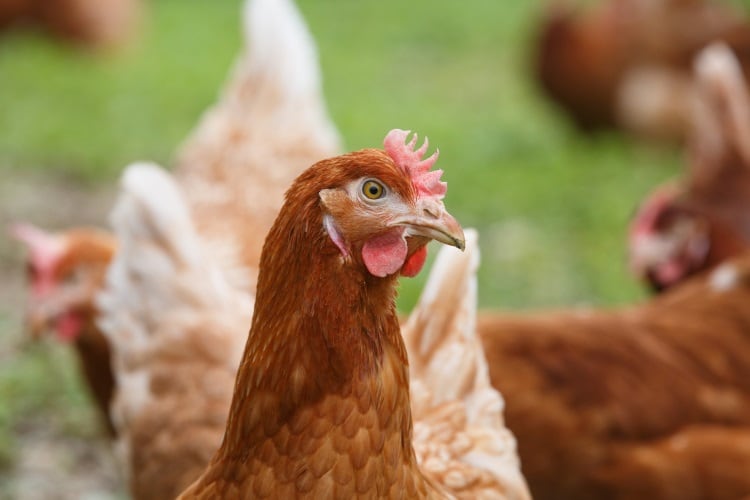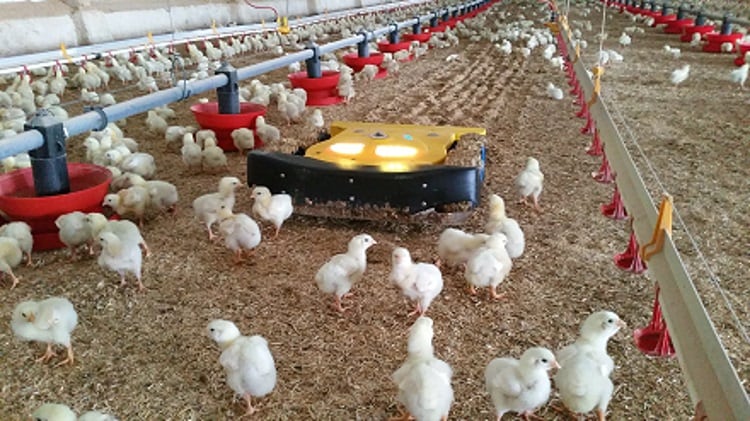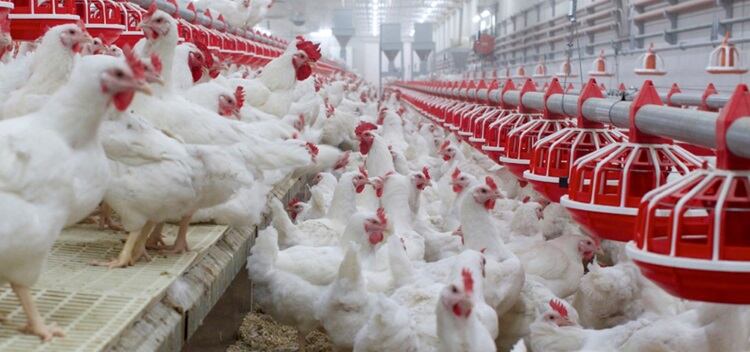Speaking at its annual general assembly in Budapest earlier this month, industry trade body AVEC called on the EU Commission to act on what it sees as unfairness within trade due to the Mercosur deal and the Ukraine situation.
AVEC president Paul Lopez outlined the challenges facing the sector. “Firstly, a whopping quota of 180,000 tonnes of additional poultry was granted to the Mercosur countries in a historic deal which was closed on 29 June 2019. The EU poultry sector has clearly been sacrificed in these negotiations, as this was double the amount offered at the end of 2017 and agreed by EU Member States.”
“Secondly, Ukrainian companies have used a loophole to circumvent the quotas granted in the free trade agreement with the EU, which has resulted in much higher quantities of breast meat being imported to the EU than what was foreseen in the agreement. In return for the closing of this loophole, Ukrainian companies will be rewarded with significant 50,000 tonnes in extra quantities.”
He added that there was a disparity between the amount of poultry meat imported into the EU and other proteins.
“Thirdly, to justify these concessions, the [EU] Commission has used the argument that they will be offset by increased consumption in the EU. This is not an acceptable argument, as the EU already imports 900,000 tonnes of poultry meat. By comparison, around 300,000 tonnes of beef are imported, and the figure for pork is around 20,000 tonnes. In addition, there is huge uncertainties on how the EU Poultry Meat market will be affected of Brexit. The UK is one of the largest importers and consumers of poultry meat in Europe, and a hard Brexit will have significant consequences for the EU poultry meat market.”
Lopez asked the EU Commission for action on several points: funding to help the EU poultry sector to cope with higher competition; help from the EU Commission to get access to the Chinese market; thorough controls on poultry meat from third countries at the EU borders and origin labelling (EU/Non EU) of all poultry meat products including restaurants.



